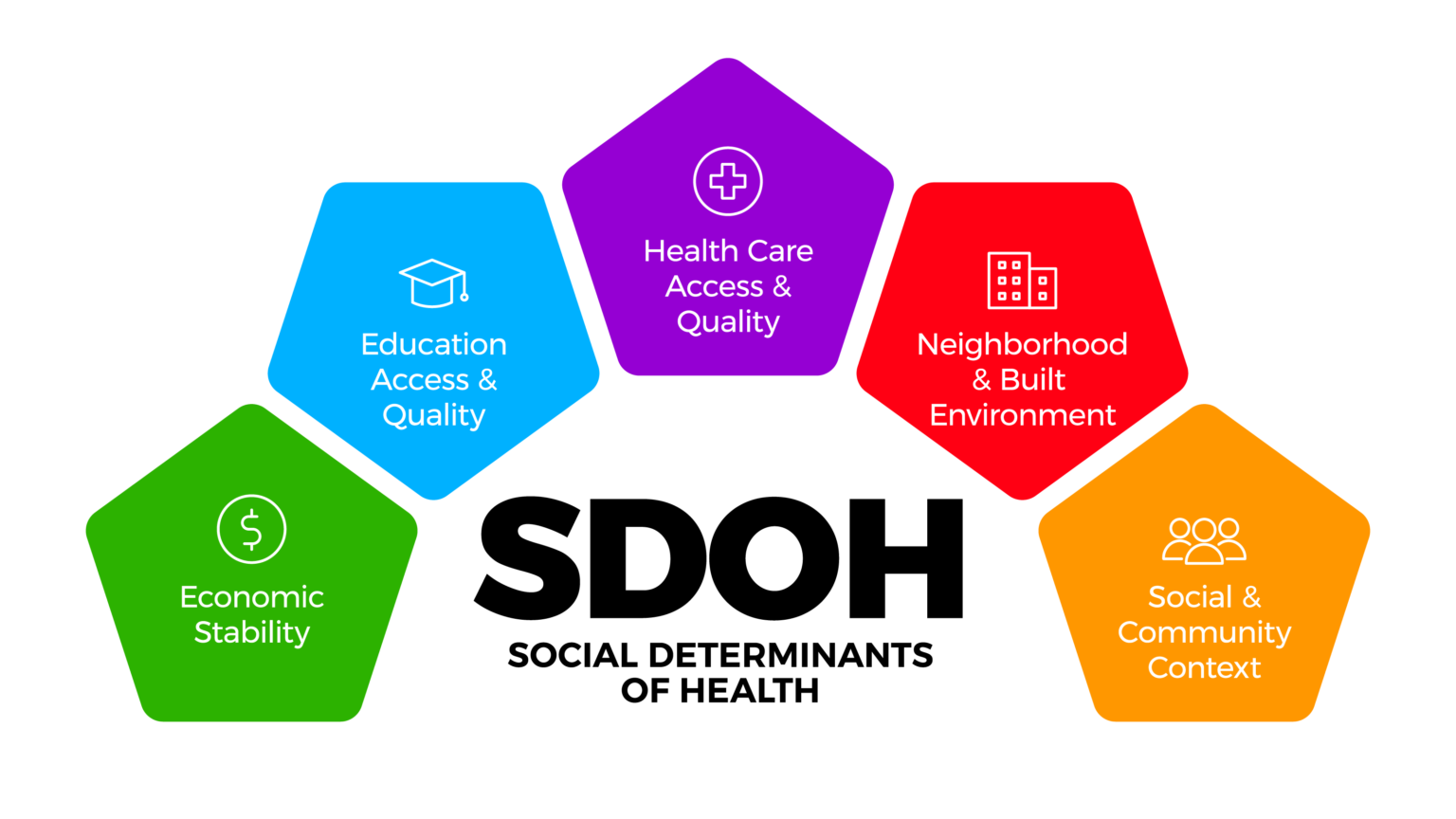Apierion Global Health Impact Fund is launched as a donor-advised fund 501(c)(3) that aims to generate positive, measurable social and environmental impact alongside financial returns.
These funds focus on supporting our global projects that contribute to solving pressing global challenges, such as healthcare inequities, healthcare access, social impacts, and more. Impact investing goes beyond traditional financial metrics by also considering the social and environmental outcomes of the investments.
Our Impact Fund strives to align with projects or companies that have a clear and measurable impact on society and the environment. This includes improving living standards, promoting sustainable practices, and addressing specific social issues related to greater healthcare outcomes around the globe.

GLOBAL HEALTH
Apierion is positioned to tackle multiple global healthcare challenges in order to improve healthcare outcomes and data access, such as Maternal Mortality and Childhood Morbidity, Rh-Negative Incompatibility, Underdiagnosis of Diabetes, TB resistance, among other challenges in the U.S and around the world.
Data is the keystone to understanding the causes and challenges and for developing effective strategies to reduce it. Data can identify high-risk areas and populations. Continuous data allows for interventions and adjustments in real-time.
Examples of our current projects and opportunities
Maternal Mortality and Childhood Morbidity
In Namibia, child morbidity is 45.2 deaths per 1,000 live births. The UMIC average is 14.4.
The World Health Organization (WHO) predicts a slowdown in the progress made during the past decade against maternal mortality and childhood morbidity in the African region.


Rh-Negative Incompatibility
Rhesus (Rh) negative incompatibility during pregnancy occurs when a woman with Rh-negative blood type is carrying a baby with Rh-positive blood type. This situation can lead to Rh incompatibility, which can cause health issues for both the mother and the baby. In India, Rh-negative mothers face risks during pregnancy.

Underdiagnosed Diabetes
The underdiagnosis of diabetes has significant implications for public health, individual well-being, and healthcare systems. Many individuals in India may not be aware of the symptoms of diabetes or the importance of regular health checkups.
There is also limited access to healthcare in rural areas, making it challenging to undergo regular screenings. Asymptomatic cases may also prevent diagnosis and management, all leading to health risks, reduced quality of life and economic burdens for individuals and the healthcare system.

Data is the keystone to understanding the causes and challenges and for developing effective strategies to reduce it. Data can identify high-risk areas and populations. Continuous data allows for interventions and adjustments in real-time.


Let’s fight these challenges, and others around the globe, by democratizing healthcare data. Patient-centric healthcare can be tracked, monitored and shared, in order to provide greater care and reduce inequities. The use of Digital Twin NFTs can empower individuals to own, access and share their healthcare data. This data can gather clinical data as well as other Social Determinants of Health (SDOH).
